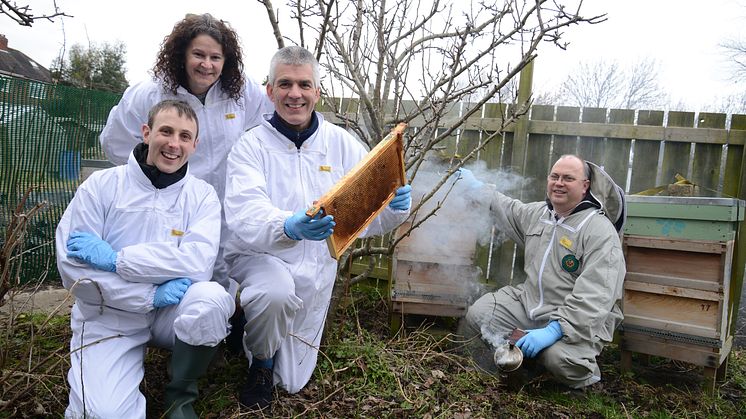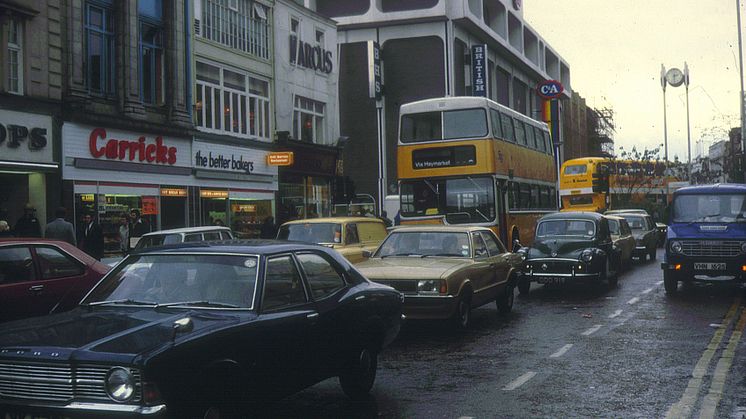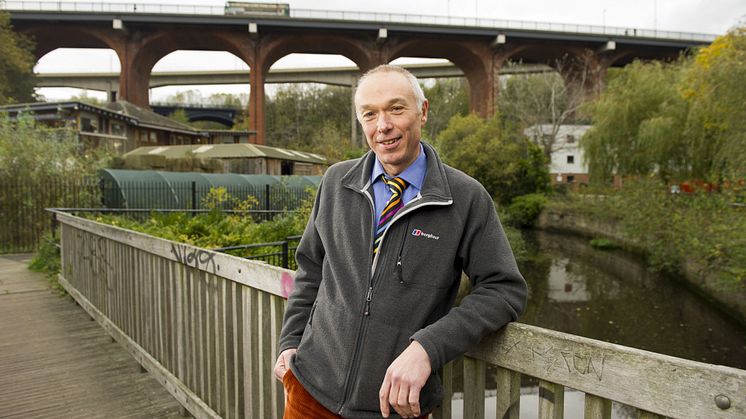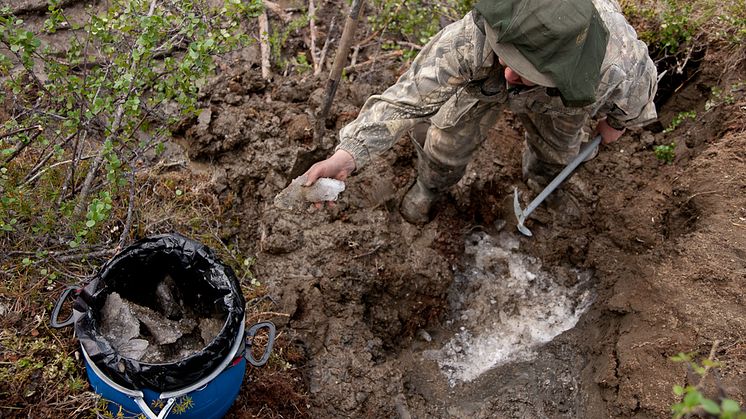
Press release -
Tell us where your treasures hide and become a mini master-mapmaker
Youngsters are being invited to make their own creative maps of the North this summer, featuring the places that mean the most to them.
The maps could reveal your favourite hideouts, show where you think monsters might live or even suggest where aliens should go for fun if they landed in Newcastle!
The ‘Mapping the North’ event at the Great North Museum: Hancock on Thursday, 26 July will allow children and their families to become master map-makers for the day, as well as helping researchers from Northumbria University, Newcastle to make an ‘Atlas of the North’ which could represent the area in a whole new light.
With the theme of the event being ‘Treasures of the North,’ participants will be asked to think about the places, people and activities that inspire them the most. They’ll then get creative; mapping them out onto a giant floor map.
There’ll also be a map of the UK where families can draw a line to mark their own perception of where ‘The North’ starts – which organisers expect could reveal some interesting views.
This family event is ideal for children aged six and above and aims to produce a set of tangible materials which express how young people feel about their local area and they environment they live in.
The event is part of the Great Exhibition of the North 2018 programme.
- When: Thursday, 26 July, 11am until 3pm
- Where: Exhibition Hall 3, First Floor, Great North Museum: Hancock
- No need to book, just drop in. Admission is free.
- More information about the event is available here.
Dr Jon Swords, Senior Lecturer in Geography and Environmental Sciences at Northumbria University, has helped to organise the event.
He explains: “This is a chance for young people to creatively share the ‘maps’ they plot and weave in their minds. To show people what their local area looks like, how they use it and what it feels like to them. We call this type of activity ‘participatory mapping’ – which is all about making your own map, or changing a map to make it your own.
“Children experience different worlds that aren’t usually represented on traditional maps, so we wanted to use this mapping event as a way of drawing out their unique perceptions, getting them onto paper to create a map that reflects the area from a young person’s-eye view.
“We’re expecting to see some fascinating and creative work from our mini master cartographers, on the day.”
More information about the ‘Mapping the City’ project and previous mapping events, can be found here.
Topics
Northumbria is a research-rich, business-focused, professional university with a global reputation for academic excellence. To find out more about our courses go to www.northumbria.ac.uk
If you have a media enquiry please contact our Media and Communications team at media.communications@northumbria.ac.uk or call 0191 227 4604.










